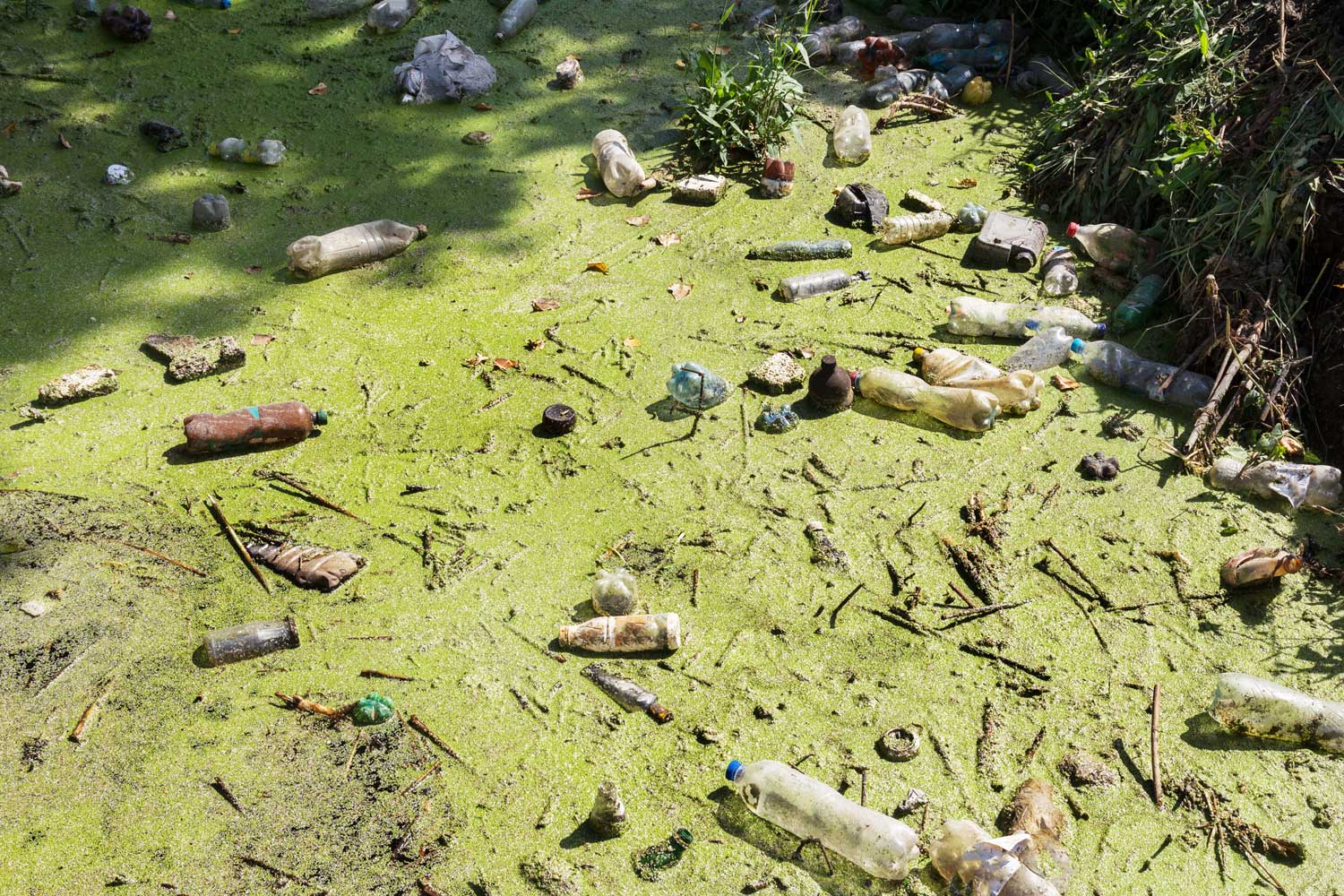As reported by the US Energy Information Administration, natural gas production in the United States is higher than it has ever been. This is largely due to the increase of shale gas over the past decade, made possible through hydraulic fracturing (fracking). However, this process creates large amounts of wastewater called brine or produced water, which can be harmful to the environment.
As the fracking business improves its efficiency by drilling longer horizontal wells, it requires even more water to fracture the rock and release the gas. According to the Groundwater Protection Council (GWPC), an organization of state oil and gas regulators and environmental protection agencies, the fracturing process uses on average 45 million liters of water per single horizontal well.

